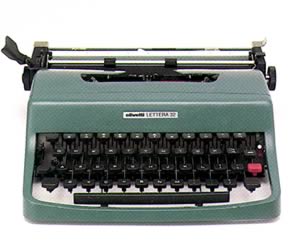Naphtali said:When defining "classic," you can rely on someone else -- for example, Citizen Kane is a classic?? -- or you can define it for yourself.
My rule is easy to apply. If I appreciate a motion picture to want to view it more than twice -- that is, I enjoy the pattern of the film, its nuances, characterizations -- it's a classic.
For me, my system yields a significantly more satisfying list of classic films.
Example: Many critics believe "Some Like It Hot" is the finest comedy. For me, that classic comedy rating goes to "The Lady Eve." Superior plot, more nuanced performances, and at least as "classic" a last line -- Positively the same dame!
Pretty subjective. So when we talk about "classic films" we should all call you up first to make sure liked it?
Like architecture, classic movies can be defined by period - as Hadley H did - or by qualities (classical?) - probably the most important being it's lasting effect, either on the general public/culture or on films/filmakers themselves. I think each genre can have its own classics if you look at qualities, thus Plan 9... is a classic of it's genre (low-budget sci-fi nonesensical B-movies), but not necessarily a classic film. Godfather is a classic film.
I don't know that movies are marketed in a way that allows for classics anymore. FIlms don't really have time to find an audience, to create word of mouth, to enter the culture. They are thrown into the marketplace with a load of deafening hooplah and yanked right back out when their box office begins to dip. I don't think there are enough second run cinemas for them to matter anymore and video/dvd turns the film into one more mobile commodity that you can buy at the drugstore like toothpaste and shampoo. Are there classic shampoos?







